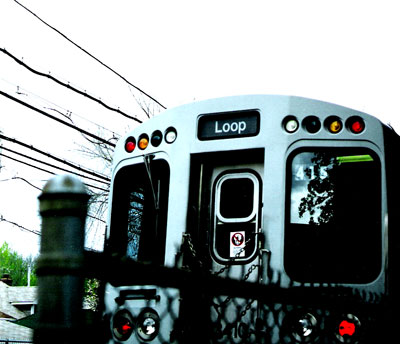All Nonfiction
- Bullying
- Books
- Academic
- Author Interviews
- Celebrity interviews
- College Articles
- College Essays
- Educator of the Year
- Heroes
- Interviews
- Memoir
- Personal Experience
- Sports
- Travel & Culture
All Opinions
- Bullying
- Current Events / Politics
- Discrimination
- Drugs / Alcohol / Smoking
- Entertainment / Celebrities
- Environment
- Love / Relationships
- Movies / Music / TV
- Pop Culture / Trends
- School / College
- Social Issues / Civics
- Spirituality / Religion
- Sports / Hobbies
All Hot Topics
- Bullying
- Community Service
- Environment
- Health
- Letters to the Editor
- Pride & Prejudice
- What Matters
- Back
Summer Guide
- Program Links
- Program Reviews
- Back
College Guide
- College Links
- College Reviews
- College Essays
- College Articles
- Back
The Labourer of Death
Although I never met him, the following account is from the perspective of Henrik H., my great-grandfather, who was held in a Nazi concentration camp during WWII.
The train had arrived. I didn’t know where I was headed, all I knew was that I had gotten caught. I had been ripped from my home and all of my loved ones. As the train stopped it creaked against the railroad, hundreds of people being rushed out into the small opening, being lined up. They grouped us up, gender, age, health had us separated and pointed into different directions. I had tried to be careful but the simple mistake of handing out flyers brought me here, Hell. I had been working for an opposing party, trying to stop the Nazis.
They instantly stripped us of our identities. They shaved our heads and took our belongings. Any sliver of self-respect we had managed to salvage on the week-long train ride was taken away from us. As we were forced to strip off all our clothes and change into old, dirty rags. I prayed that it was all just a dream, that I would wake up in a bed and not in this prison. They then lined us up, branding us as their property. I looked at the mark, a painful reminder of the horror to come.
Thousands of people were placed in long, brick barracks. They stacked 8 people on each bunk. I could barely sleep with men piled on top of me.
The whistles blew, four in the morning. We stood up, tired, but more so frightened, and put on our shoes, if we were lucky to have a pair. Everyone lined up, attempting to get their single gulp of water. The first in line would have clear, clean water, the last would have a drop of unpurified water. Every day we were faced with these life or death situation.
They assigned us to different jobs, mine was the labourer of death, responsible for removing the corpses that didn’t survive the night. I went through the barracks looking for anyone who was cold and still, barely breathing. Carrying them outside, I was making piles, stacking up the weak men. I was one of the luckier people here. Others had to work out in the dirt. Every minute a person would drop down dead of exhaustion, and I was here to dispose of the garbage. Every day I would see innocent men die. Friends, family, and loved ones would fall at my feet, and I was expected to be a mindless worker.
Many of the men I came with, didn’t survive a week. They were sent to the gas chambers and all I could hear were their screams. They rallied hundreds of men, women, and children. Each one having to strip off their clothes. They were then walked into the large chamber, no sign giving them any way out. Pure fear as they stood, trapped as the gas slowly infected them.
I slowly weakened, changing between jobs. Trying to survive. I had thought about running towards the fence. It was known to be the easiest way out. It would shock you instantly, making a quick death.
I stayed strong, thinking back to the family was waiting for me.
Every day they had a selection. They would pick random people, who would be executed. Every day we stood, terrified to breath. They called out people’s number, sometimes only a digit apart from you, leaving your heart pounding from relief.
“150893, 142380, 143281,..” the commander yelled.
I was lucky enough to be able to speak German, allowing me to survive the days. Everyday, the same routine, the same threat of death. Some of the SS could kill you on the spot, luckily I had managed to survive for almost a year.
May 1945, The Nazis had lost power and World War II had ended. I took a train back, this time to freedom. When I arrived back in Denmark, I was a different person.

Similar Articles
JOIN THE DISCUSSION
This article has 6 comments.

7 articles 0 photos 9 comments